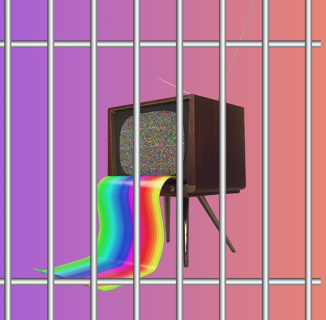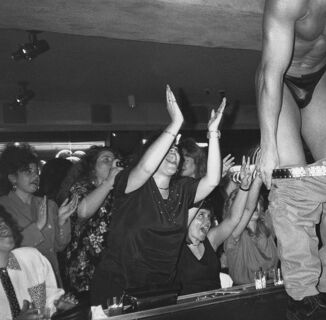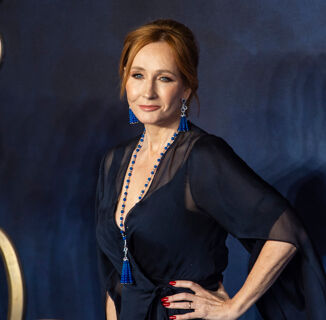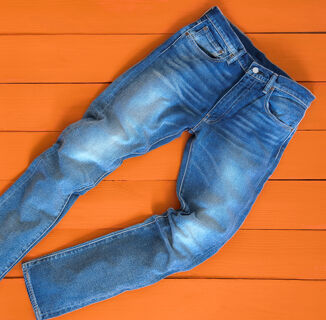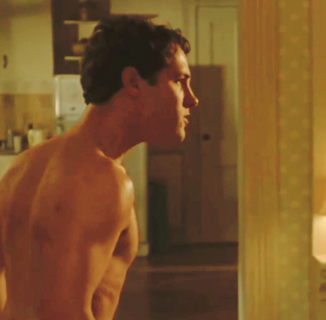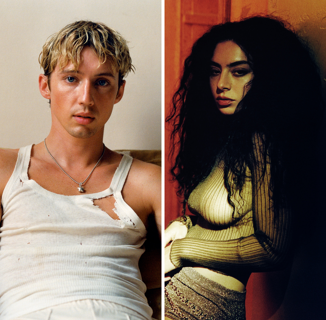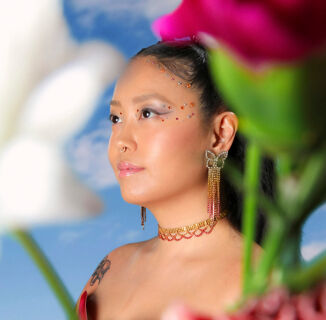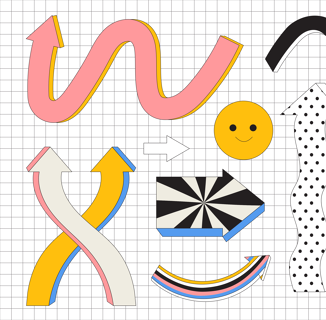Yesterday the internet was disappointed, though not shocked, by a study which found that most film critics are white and male. Released by the USC Annenberg Inclusion Initiative, the study recorded 19,599 reviews from U.S. newspapers, sites, and broadcast outlets, and found that 77.8% of reviews are authored by men and 82% of critics are white. Soon after, in somewhat felicitous timing, Rotten Tomatoes released their list of the 150 Best LGBT Movies of All Time, according to critics. And because entertainment writing is a field that’s clearly still gendered and bogged down by racial bias, the list is utterly distorted.
It’s not surprising that the top three films are Carol, Call Me By Your Name, and Moonlight in the number one spot—after all, it famously took the Oscar for Best Picture. But what’s frustrating is the lack of diversity in the Top 30 films, which skew extremely male and white, and what movies occupy the more abyssal spots, including some of the most celebrated and groundbreaking lesbian films. What’s worse, according to the list, movies led by women of color are nearly considered to be worthless.
Typically, movies about gay white men are more likely to get made than movies about queer women, more specifically queer women of color, so it’s unsurprising that this list is dominated by such—there are just more movies about gay men than any other letter in the LGBTQ acronym. However, it’s the rankings themselves that are so jarring. The movies are ranked by each film’s Tomatometer score, plus the number of reviews relative to the average number of reviews per film in the year it was released, and of course, the story must prominently feature an LGBT character in a realistic light. However, if there are almost 3.5 male reviewers to every 1 female reviewer in current media, and said reviewers are majority white, then it’s not rocket science that bias plays into this list.
While some of the more lighthearted movies which portray queer female leads, like the Queen Latifah and Jada Pinkett-Smith-starring heist film Set It Off (1996), or the romantic comedy Life Partners (2014) ranked #142 and #140 on the list, the 2018 rom-com Love, Simon makes the Top 20, placing at #16. Even more disappointingly, The Watermelon Woman (1997), which was the first lesbian film to be directed by a black lesbian, fell to #136, and Pariah (2011), arguably the most famous coming out story about a queer woman of color, landed at #37, and was outranked by the likes of Behind the Candelabra (2013), HBO’s Liberace biopic, which was directed by and led by straight white men.

Meanwhile, movies that are widely regarded as being trailblazing in queer female cinema, like Desert Hearts (1986) or the Wachowskis’ Bound (1996), landed at #62 and #52 on the list. Desert Hearts has been lauded by female critics as “One of the first and most highly regarded works in which a lesbian relationship is depicted favourably.” And Bound, which followed Violet (Jennifer Tilly) and Corky (Gina Gershon) in a lesbian relationship, pioneered accurate on-screen portrayals of lesbian sex, as the directors hired lesbian sex experts to consult and choreograph the scene. Even Blue is the Warmest Color (2013), the flagship lesbian movie that won the Palme d’Or at the 2013 Cannes Film Festival, or Patty Jenkins’ Monster (2003), for which Charlize Theron won the Oscar, didn’t make the Top 30.

And not to rub salt in the lesbian wound, but let’s talk about Love, Simon, which critics obviously adored more than its female counterparts. Classic lesbian rom-coms or comedies like Imagine Me & You (2005) and …But I’m a Cheerleader (1999) didn’t even make the list. More recent queer female comedies, like Rough Night (2017) or this year’s Blockers, which is arguably the first major studio comedy to prominently and fairly depict a high school lesbian romance, were also left off the list. It’s infuriating that a trailblazing queer female comedy—which, for what it’s worth, is genuinely brilliant and received an 84% from critics on Rotten Tomatoes—wasn’t even mentioned.

This list offers a glimpse at how biased the entertainment industry still is toward queer women and QWOC, as QWOC are barely even visible in queer cinema. The critical response to the aforementioned films sends a message that white male critics consider stories about queer women to be less valuable, important, or compelling than movies that feature white male narratives, and that is gutting.
The list wasn’t totally comprised of injustices, as Lisa Cholodenko’s The Kids Are All Right (2010) and the monumental transgender film Tangerine (2015) made the Top 30, but I’m sick and tired of taking little wins. (It’s worth noting that Tangerine came after two other films that had cis men playing trans women—Dallas Buyers Club and The Crying Game.)

Queer female cinema demands a serious facelift. We need more chances to secure as many Oscar nominations (or wins) as gay, white, male narratives have amassed. It’s embarrassing how little we’re represented on-screen—and I’m at the end of my rope with white men ranking our worth.
Help make sure LGBTQ+ stories are being told...
We can't rely on mainstream media to tell our stories. That's why we don't lock our articles behind a paywall. Will you support our mission with a contribution today?
Cancel anytime · Proudly LGBTQ+ owned and operated
Read More in Culture
The Latest on INTO
Subscribe to get a twice-weekly dose of queer news, updates, and insights from the INTO team.
in Your Inbox



